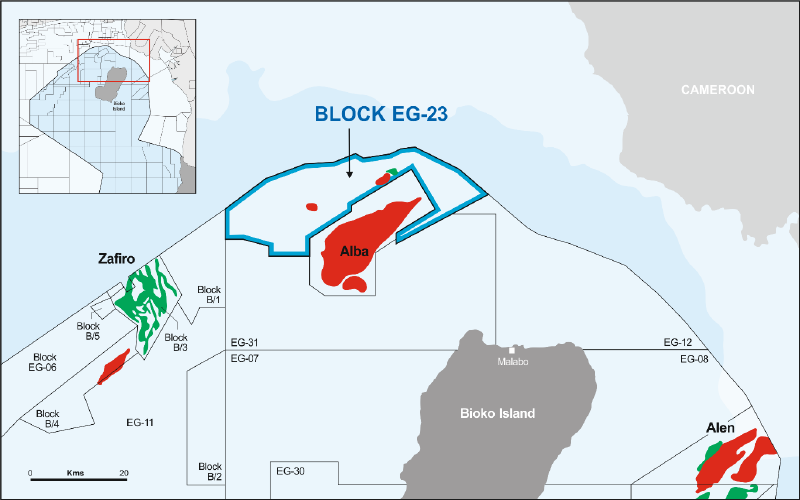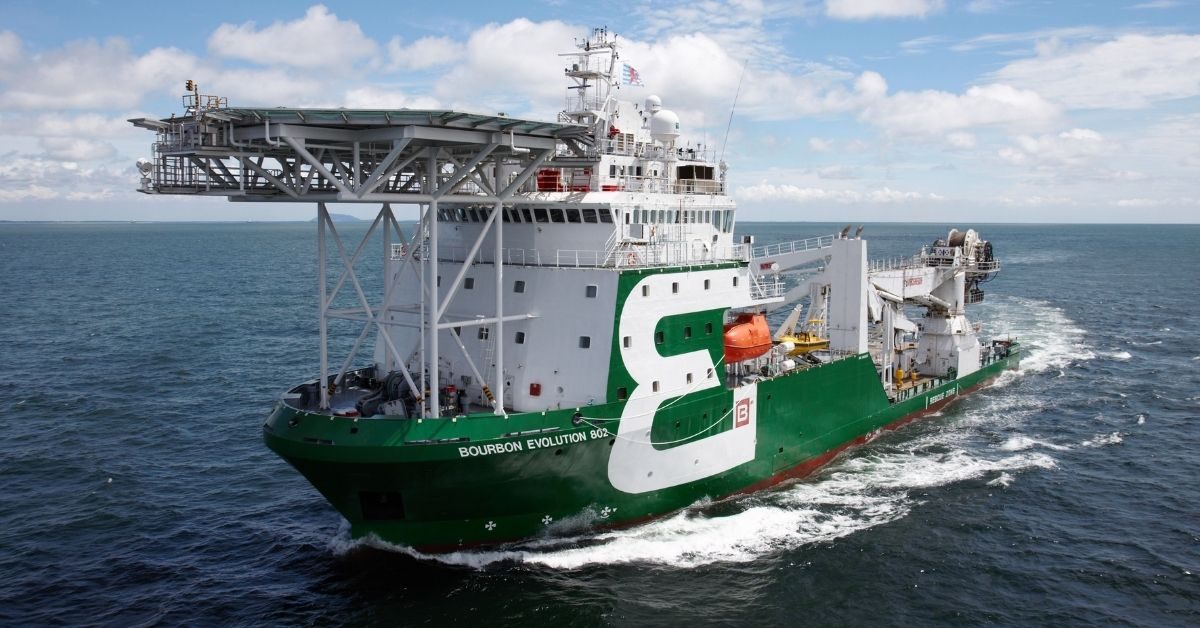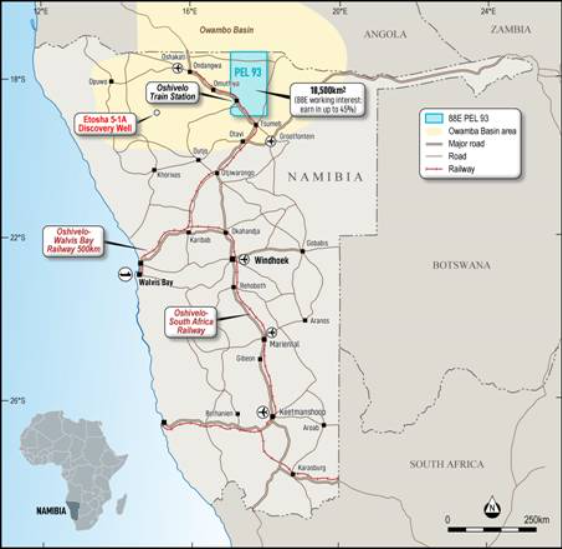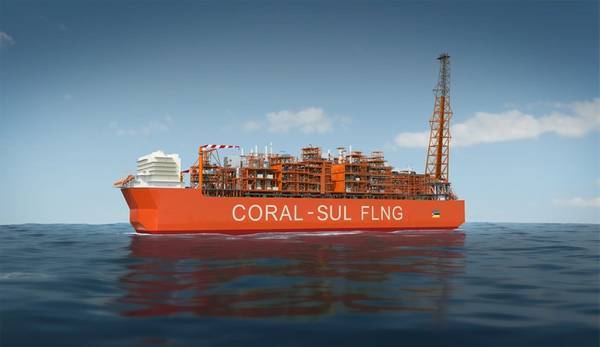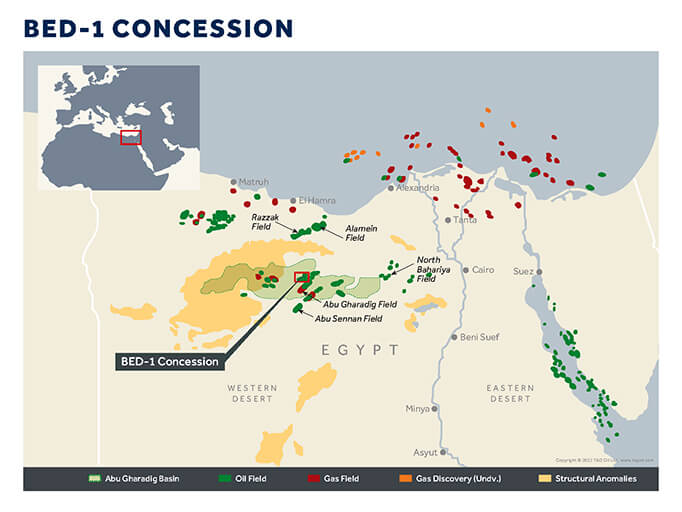Higher Oil Production Levels Just Around the Corner in South Sudan
South Sudan is pushing ahead with plans to increase oil production after the Covid-19 pandemic saw levels temporarily drop. The global pandemic and resultant lockdowns with restricted international travel meant logistics and transport to and from the country’s oil fields have been disrupted, preventing crucial materials and labour from reaching the oil-producing areas in Upper Nile and Unity states. Sea ports in Sudan and Kenya have also not been fully functional, resulting in further delays in the delivery of critical materials needed in the oil fields.
Another factor leading to the drop in oil production was the agreement by OPEC and OPEC+ to cut international production levels by about 10% from May 1. This was in response to the decimation of a third of global oil demand brought on by the Covid-19 crisis. South Sudan is a member of OPEC+.
The country is soon expected to make up the 10 000 to 15 000 bpd it recently lost, to return to pre-Covid-19 levels of about 185 000 bpd. Hon. Eng. Awow Daniel Chuang, Undersecretary at the Ministry of Petroleum, explains, “We have ambitious plans. We were aiming to achieve our target of around 250 000 bpd by the end of this year, but current circumstances mean we are now looking at the middle of next year. Once production starts in Block 5A, it will add significant volumes to the target. The current blocks should be producing around 200 000 bpd to 210 000 bpd because extraction factors have improved slightly. Within a very short period of time, we should be able to achieve 220 000 bpd and then 250 000 bpd. We have the potential to reach 300 000 bpd by around 2022.”
Plans to resume production in Block 5A are gaining momentum. This will provide the next production boost with a capacity of 10,000 to 15,000 bpd. Production is expected to resume by the end of this year, or at least the beginning of 2021.
The Ministry of Petroleum has various other initiatives in place to increase oil production. It is tackling the problem of bottlenecking at production facilities in Blocks 3 and 7, which is limiting output levels. The ministry has implemented a project called DBN (de-bottlenecking), which involves expanding production facilities. Construction has been completed and is now being modified before the expansion becomes operational, which should be by the end of the year.
To further enhance production levels, the ministry is also targeting technology. In the next couple of years, new technology will be introduced to improve extraction factors, meaning better oil production levels. But this modernisation does depend on strong market oil prices.
These actions, together with the launch of new licensing rounds next year, will make South Sudan an attractive international investment destination, benefitting the country and its people.

